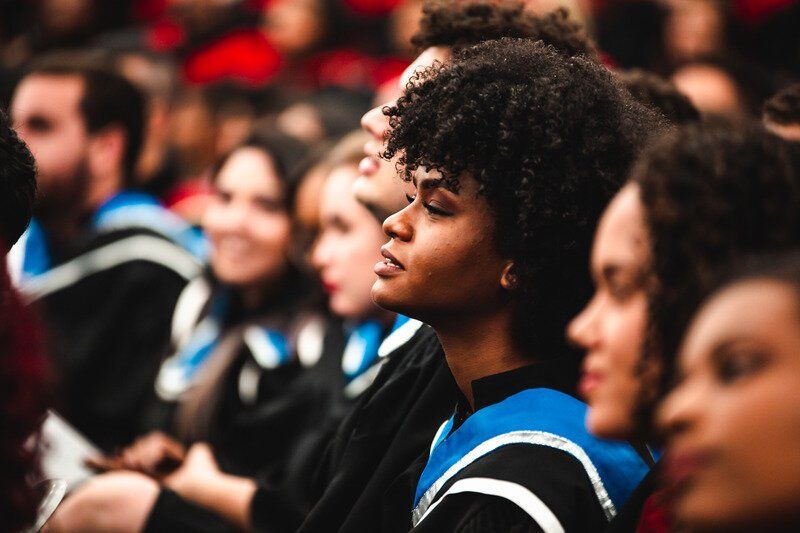1. My students use the SAT and ACT fee waiver to have the college application fees waived. If the SAT isn't offered in the fall, what else can we use? Will a counselor letter be ok?
“Counselor letters will always be accepted. Well, almost always. While I’ve never encountered a college who didn’t accept a counselor letter, there may be a few out there that don’t. It is rare that a college won’t accept a counselor letter. Also, keep in mind that the counselor letter doesn’t need to be long. A few sentences will suffice. Admissions know you are busy and trust when you say a student cannot afford the application fee. Also, keep in mind that if your student is using the CommonApp, the student can request a fee waiver directly on the CommonApp, which is outlined in the link below:”
https://appsupport.commonapp.org/applicantsupport/s/article/What-do-I-need-to-know-about-the-Common-App-fee-waiver
2. Some colleges require enrollment deposits and orientation fees. What does that look like moving forward?
“No one knows for sure. However, based on actions of colleges for students enrolling the fall of 2020, institutions with larger financial aid budgets and endowments have either eliminated enrollment deposits or prorate the enrollment deposit based on family income (which has changed in recent months for a number of families). Institutions with less resources are starting to incentivize families (i.e. dorm choice, college apparel, discount on tuition or housing, etc.) to submit an enrollment deposit in full. All that being said, no one knows for sure, every school is taking things day by day and doing their best to keep their institution financially healthy and serve students and families as best as possible.”
3. As instruction moves forward, what do you advise we can do to help students be prepared for online learning at higher ed...especially students with disabilities?
“If you have a student with any learning disability or learning difference, it is important to reach out early to the college’s disability resource center. The staff can advise you about resources provided students with special needs. It is important to ask about resources available for online learning and traditional learning environments.”
4. How are you ramping up to face COVID 19 when things reopen?
“Each college is continually evaluating the CV19 situation and making announcements on their plans for the summer and fall semester. It is best to look directly at college websites for more information on how they are handling CV19 on their campus. Given that CV19 may still be a concern in the fall, campuses are considering online classes, starting classes later (2021), staggering student move-ins, etc. Students’ health and safety is paramount at all colleges.”
5. Now that our applications will likely look very similar, how do students differentiate themselves from other applicants?
“Each college is continually evaluating the CV19 situation and making announcements on their plans for the summer and fall semester. It is best to look directly at college websites for more information on how they are handling CV19 on their campus. Given that CV19 may still be a concern in the fall, campuses are considering online classes, starting classes later (2021), staggering student move-ins, etc. Students’ health and safety is paramount at all colleges.”
6. Do you think more schools will try to learn about students through live video interviews?
“Colleges that already have interviews as a part of their process will utilize video interviews to replace in-person interviews. Schools that have interviews as a part of their admissions process outsource the interviews to alumni and read the interview reports in the application. However, it is unlikely that schools that have never utilized interviews will incorporate interviews (live or otherwise) into their application process any time soon due to the logistics of making it a part of the application and ensuring all students are able to have a video interview. Also, keep in mind that admissions officers are charged with reading an application in ~10 minutes, so there isn’t enough time for admissions officers to do live interviews.”
7. Do you foresee students from the class of 2020 reapplying to schools now that more schools are going SAT/ACT optional?
“Most colleges refunded all room and board costs for the Spring 2020 semester, while some prorated refunds for room and board costs. Financial aid officers worked overtime to adjust financial aid packages based on these changes. Financial aid officers are continually working extended hours to process all the financial aid appeals for the 2020-2021 due to the changes in income as a result of COVID 19 for current and new students. If classes are online for the Fall 2020 semester, colleges will certainly adjust financial aid packages and not charge room and board. As you can imagine, less revenue (and room and board fees generate a lot of revenue for any institution of higher education) will have trickle-down effects. These effects include things already noted in the news such as staff-pay cuts, hiring freezes, etc. For college students and their families, they should anticipate that in future years, colleges that don’t possess large endowments will probably have to reduce their financial aid offerings to students.”
8. Ordinarily, financial aid is calculated with meals/housing packages so kids have capital live. Will award amounts deduct this completely if campuses don't open in the fall?
“Most colleges refunded all room and board costs for the Spring 2020 semester, while some prorated refunds for room and board costs. Financial aid officers worked overtime to adjust financial aid packages based on these changes. Financial aid officers are continually working extended hours to process all the financial aid appeals for the 2020-2021 due to the changes in income as a result of COVID 19 for current and new students. If classes are online for the Fall 2020 semester, colleges will certainly adjust financial aid packages and not charge room and board. As you can imagine, less revenue (and room and board fees generate a lot of revenue for any institution of higher education) will have trickle-down effects. These effects include things already noted in the news such as staff-pay cuts, hiring freezes, etc. For college students and their families, they should anticipate that in future years, colleges that don’t possess large endowments will probably have to reduce their financial aid offerings to students.”
9. Can you talk about how elite private schools are doing with college fairs with COVID 19?
“Elite” private schools are already doing virtual college fairs this year, hosting online admissions panels, and conducting online case study sessions, etc. with college representatives. These were all things they were doing before COVID-19 and simply moved them to an online format for their students and parents. While private schools tend to get the most attention from admissions officers, it’s not necessarily because college representatives favor private schools. More often than not, it’s only because college representatives don’t have established relationships with high school counselors from public schools. High school counselors from public schools don’t attend conferences where they can meet admissions representatives and/or there is often high turnover with among college counselors at public schools and admissions representatives, so it can be often difficult to establish a relationship with or stay connected to an institution. All that being said, college representatives know public school college counselors need the access to college representatives and the information they possess more than “elite” private schools and want to assist public school college counselors any change they get.”



